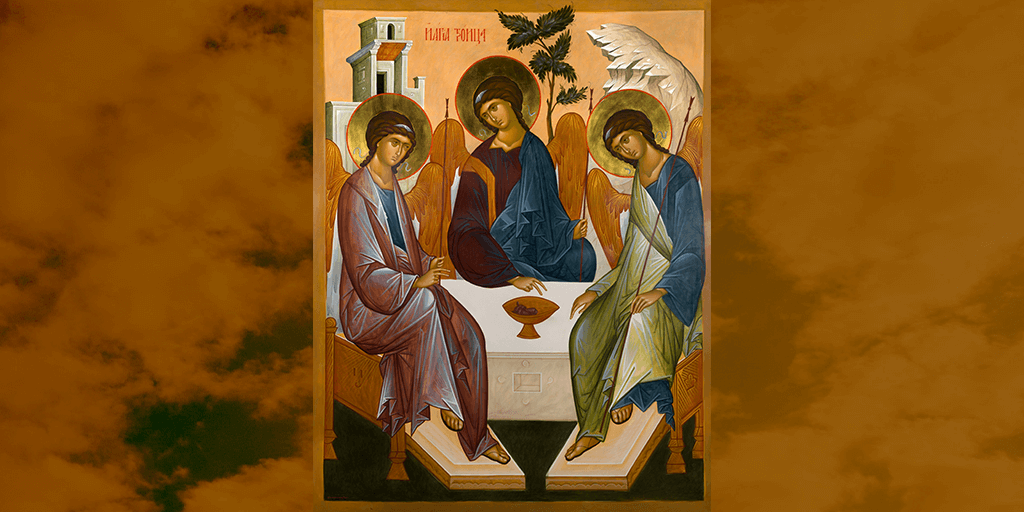THEOLOGICAL DICTIONARY Theology Ascension of Christ Acts 1:9-11
A Study of Theology III – Part 11 (Dr. Thomas Figart) Jesus told His disciples that He would go to His father’s house. Was this just one single event? When did He ascend into heaven? Why isn’t Jesus mentioned more often in historical documents of His time? A Study of Theology III – Part 11 Dr. Thomas Figart
- The Saviour (con’t)
- The Ascension of Christ.
- Did He ascend on the day of His resurrection? The general belief is that Christ remained on earth after His resurrection for 40 days and then ascended, Acts 1:9-11. However, it can be shown from Scripture that the more probable course of events was that He became resident in heaven on the day of resurrection, and then visited the earth many times during the 40 days, at the end of which, in Acts 1:5, He gave the promise of the coming of the Holy Spirit. Order of events:
- The Ascension after the 40 days, Acts 1:9-11.
- The Historicity of Jesus Christ. Apart from the Gospels there are few contemporaneous references to Jesus Christ.
- Josephus, a Jewish Historian, in Antiquities, Book 17, chapter 3:3, “Now there was about this time, Jesus, a wise man, if it be lawful to call him a man, for he was a doer of wonderful works, a teacher of such men as receive the truth with pleasure. He drew over to him many of the Jews and many of the Gentiles. He was (the) Christ; and when Pilate, at the suggestion of the principal men among us had condemned him to the cross, those that loved him at the first did not forsake him, for he appeared to them alive again the third day, as the divine prophets had foretold these and ten thousand other wonderful things concerning him; and the tribe of Christians, so named from him, are not extinct at this day.” (94 A.D.)
- Tacitus, a Roman Historian, in Annals, 15:44, in a passage relating to Nero’s persecutions, tells how the Christians already “a great multitude” derived their name “from one Christus, who was executed in the reign of Tiberius by the procurator of Judea, Pontius Pilate.” (written about 64 A.D.)
- Suetonius, (around 100 A.D.) a Roman Historian, in his account of Claudius Caesar speaks of the Jews being expelled from Rome for the raising of tumults at the instigation of “one Chrestus,” see Acts 18:12.
- Lucian, a Roman Historian, 165-170 A.D. speaks of the founder of Christianity as a man who had been fixed to a stake in Palestine and who was still worshiped.
- Why were there no more such references?




Leave a comment